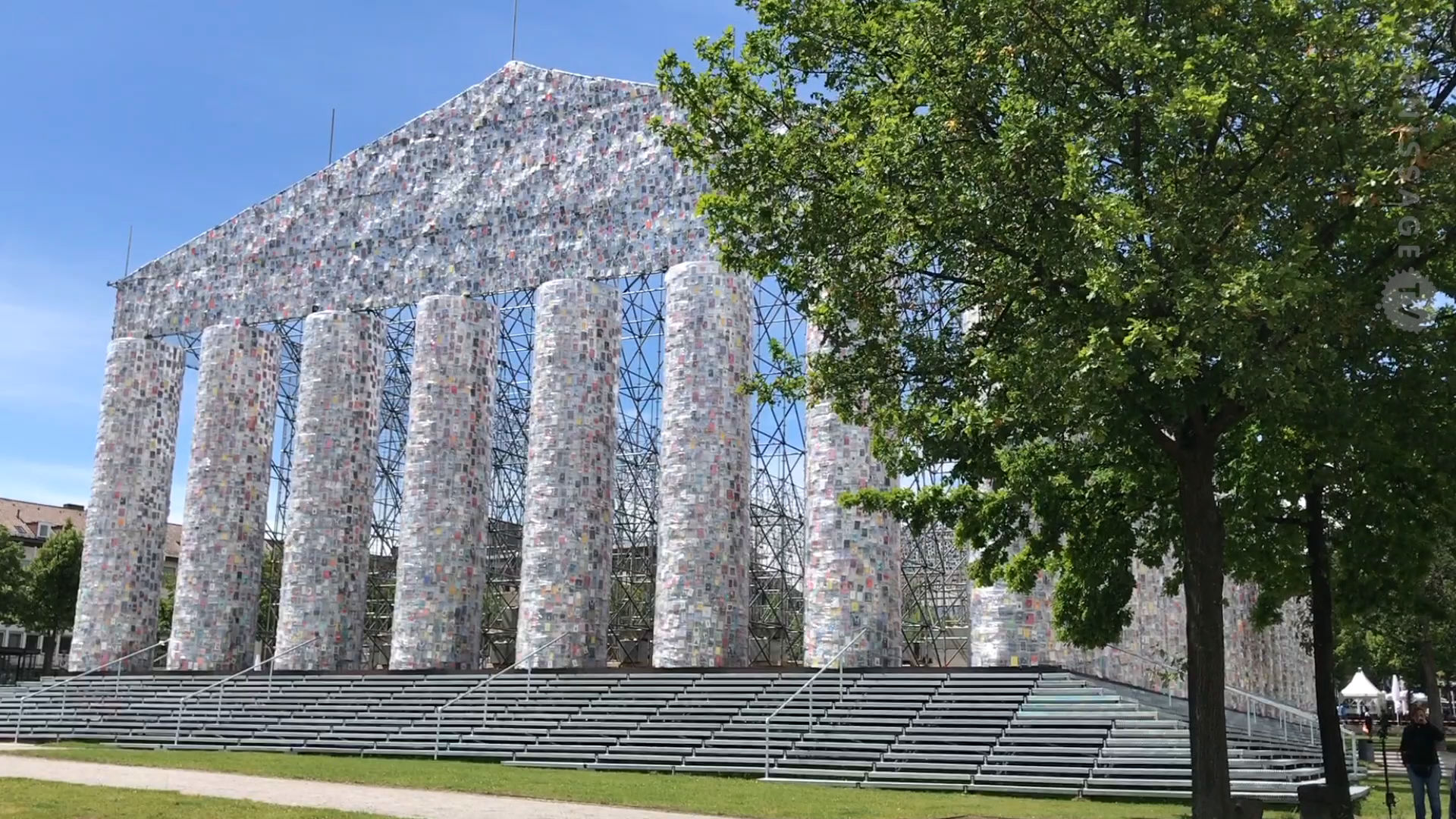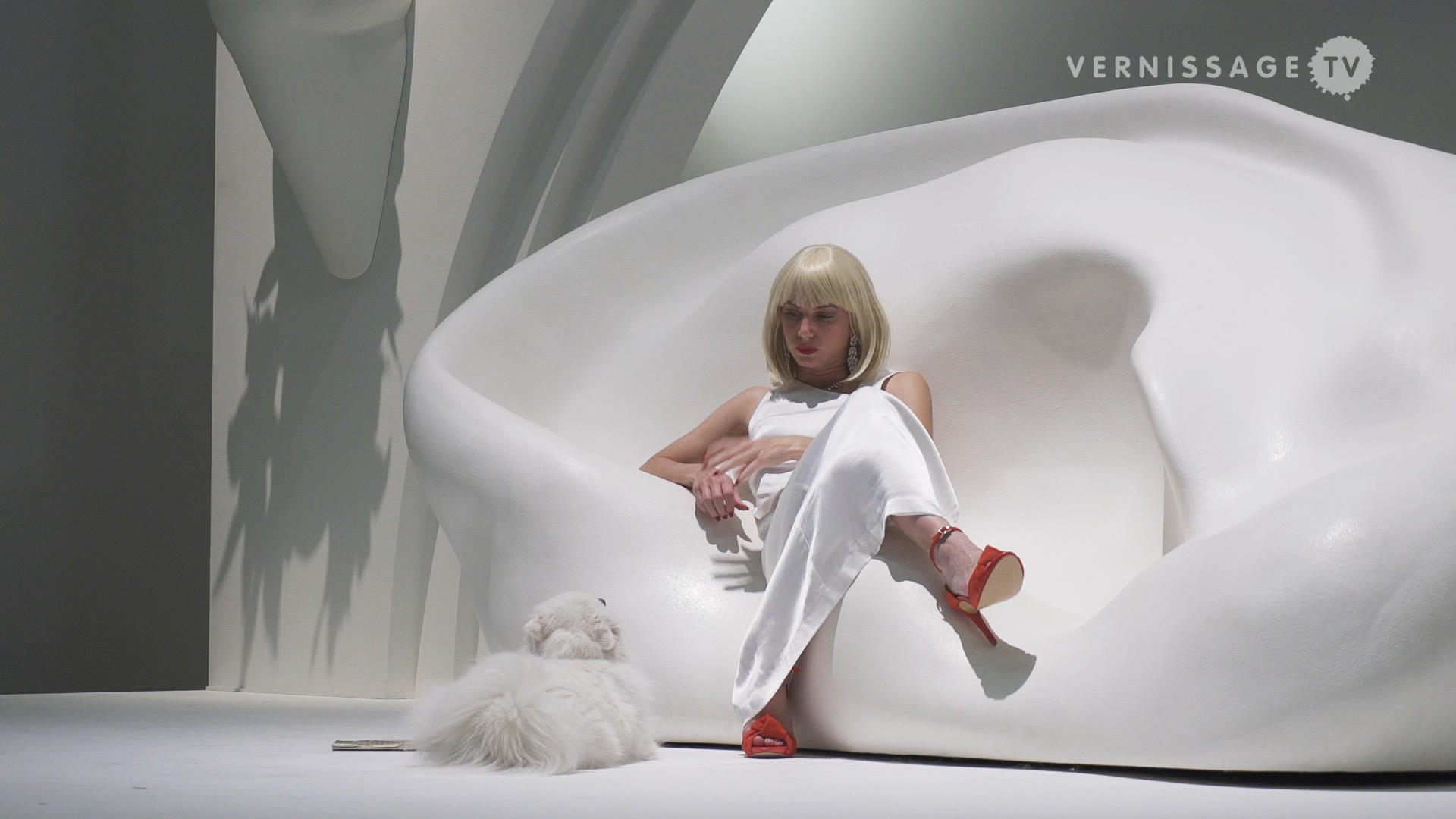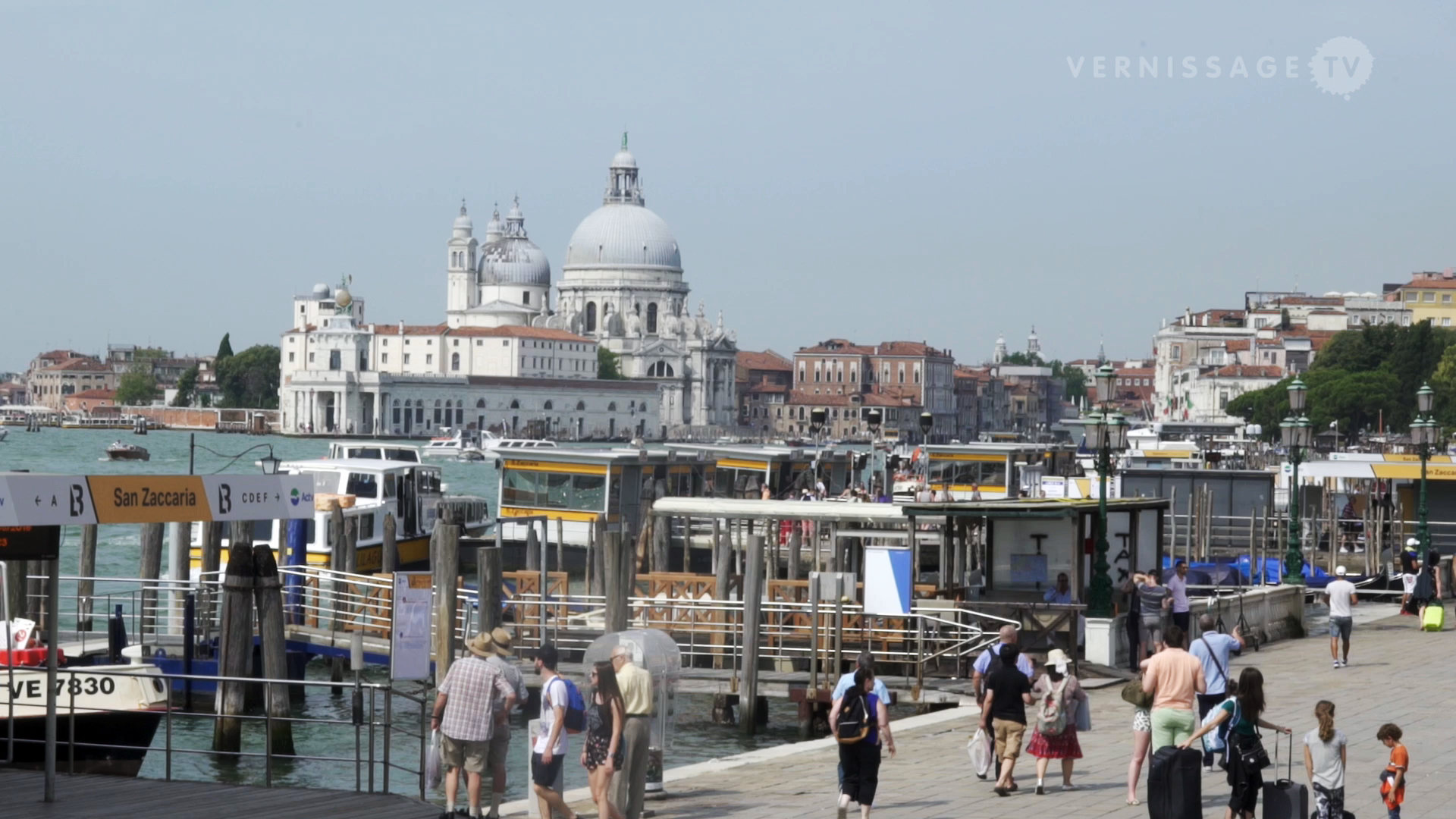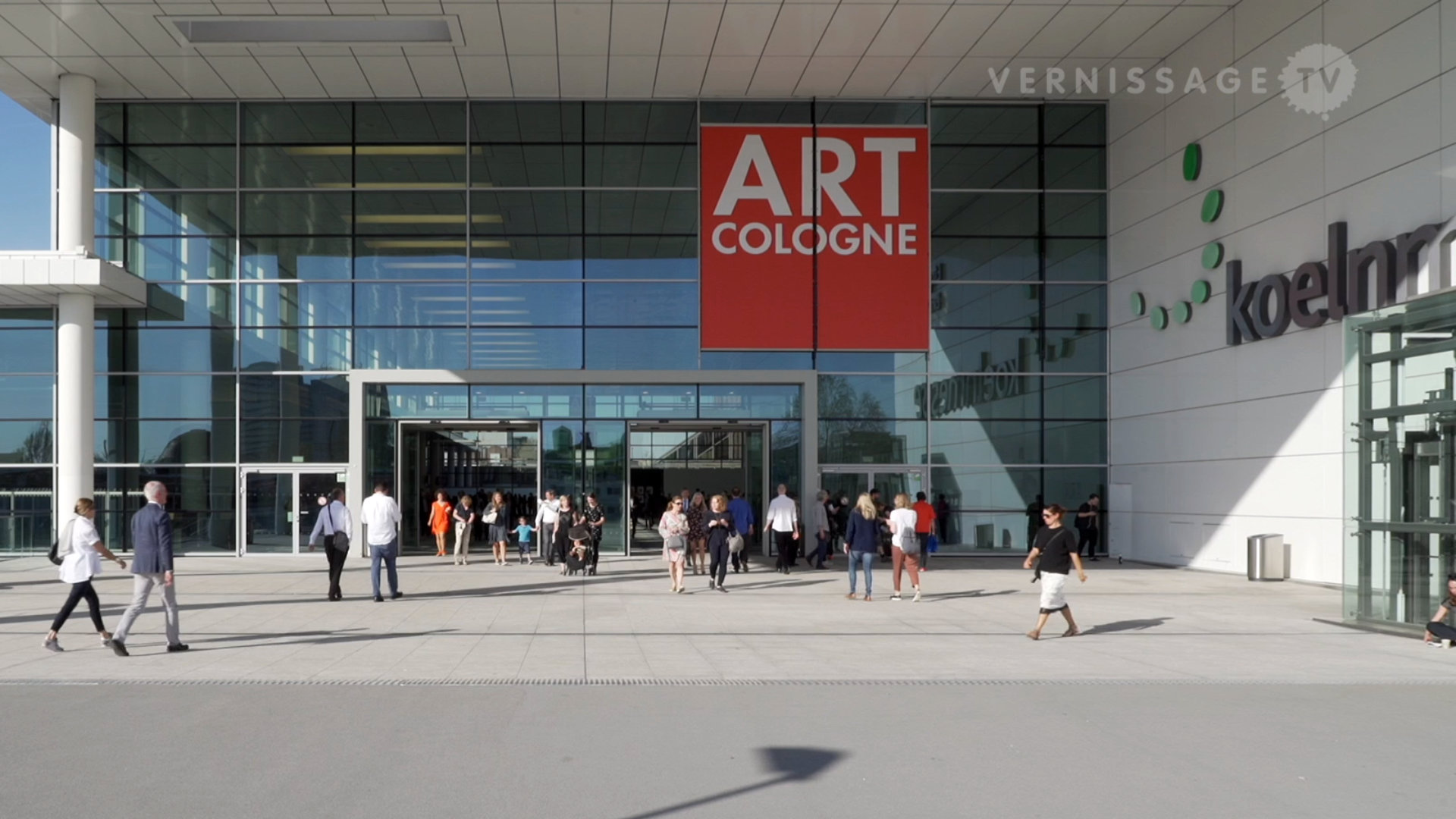In this video, we have a look at Benjamin Patterson’s artwork for Documenta 14 in Kassel (Germany) on June 7, 2017. The piece is called “When Elephants Fight, It Is the Frogs That Suffer (2016–17)”.
> Right-click (Mac: ctrl-click) this link to download Quicktime video file.
Info text:
I.
unfold world map on floor. circle with pen, pencil, etc., city in which performance is being given. locate end pin of bass in circle.
It was action scores such as this from Variations for a Double Bass (1961)—playful, beyond-artiness and besides-commerce—that first drew my attention to Fluxus in general and to Benjamin Patterson (born in Pittsburgh, 1934–2016) in particular. Despite the fact that Patterson featured in several major shows in the Americas, Europe, and Asia, his work has been marginalized by a canon that affords greater space to less poignant practices.
Patterson’s work and personality were marked by his delicate sense of humor and subtle yet profound political deliberations. They are apparent in works such as Concrete Poem no. 6 (2005), made of concrete with the title written as an imprint in the negative, and in his numerous poems, scores, and writings. Methods and Processes (1962), for example, instructs the performer to “think of number 6; bark like a dog; think of number 6 twice; stand up (do not think of number 6); sit down; think of number 6; bark like a dog.” Art ad absurdum. In My Grand 70th Birthday Tour (2004) the artist invited his friends to celebrate with “Ben cocktails” at the summit of Mount Fuji.
His commentaries on the state of the world—Untitled (A Case for Bombing Pause) (1962), Pan Am (1990), Say Your Prayer (1990), to name just a few—were twinned with his own commitment to political action. Patterson took part in the 1963 March on Washington and believed that it was of paramount importance to participate in the Civil Rights Movement. Valerie Cassel Oliver has stated, in her essay “The Curious Case of Benjamin Patterson,” that he was deeply disappointed that this belief was not shared by his Fluxus colleagues in the U.S. For the first time he “felt the corporeal reality of his blackness among his liberal friends.”
Before he passed away, Patterson proposed for documenta 14 an installation and performance piece inspired by Aristophanes’s The Frogs (405 BCE) and an early work of his own, Pond (1962). This proposal, realized posthumously, involves filling the National Garden in Athens and Karlsaue Park in Kassel with a “symphony of croaking frogs.” Patterson’s “sonic graffiti,” composed of recorded frog croaks and a chorus of humans trained to imitate them, carries concealed political messages.
—Bonaventure Soh Bejeng Ndikung



